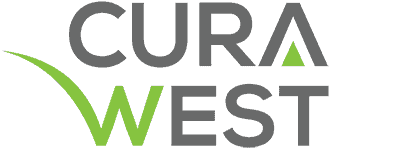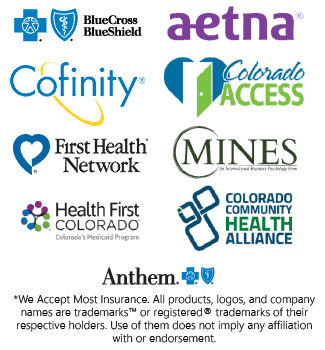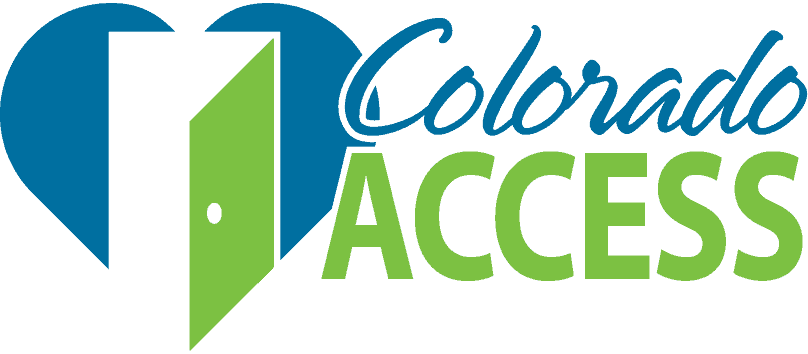The Role of Medication Management in Residential Treatment
Medication management stands as a fundamental element of residential treatment programs, serving as a vital bridge between clinical care and daily functioning for individuals requiring structured support. Within these programs, trained healthcare professionals monitor medication adherence, adjust dosages as needed, and evaluate treatment results through systematic observation and documentation.
The extensive approach to medication management in residential settings encompasses several key components, including regular medication reviews, side effect monitoring, and coordination with prescribing physicians. This integrated system guarantees that residents receive appropriate pharmaceutical support while maintaining safety protocols and addressing individual therapeutic needs. Through careful oversight and professional guidance, residential programs help residents establish sustainable medication routines that can continue beyond their stay, ultimately contributing to long-term recovery and improved quality of life.
Key Components of Residential Medication Services
Successful residential treatment facilities incorporate several essential components into their medication services to guarantee thorough care and ideal therapeutic achievements. These facilities implement extensive medication adherence strategies, including daily medication monitoring, documentation protocols, and secure storage systems that guarantee proper administration and prevent misuse.
Professional staff members employ therapeutic monitoring practices through regular assessments, which include tracking medication effectiveness, identifying potential side effects, and adjusting treatment plans when necessary. Additionally, residential programs maintain detailed medical records, coordinate with healthcare providers, and conduct routine medication reviews to optimize treatment results. The integration of pharmacological education helps residents understand their medications’ purposes, potential interactions, and proper usage, while structured dispensing schedules promote consistency and compliance throughout the treatment process.
Benefits and Considerations of Supervised Medication Care
While implementing supervised medication management requires substantial resources, the benefits of this thorough approach within residential programs consistently demonstrate its vital importance for both residents and healthcare providers. Structured medication oversight guarantees enhanced client safety through systematic monitoring, precise dosage administration, and immediate response to adverse reactions.
The extensive nature of supervised care markedly improves medication adherence figures, as healthcare professionals can address barriers to compliance, provide real-time education, and make necessary adjustments to treatment plans. Additionally, this systematic approach allows for detailed documentation of medication responses, side effects, and behavioral changes, creating valuable data for treatment optimization. The structured environment also reduces medication errors, prevents potential substance misuse, and provides essential support for residents managing complex medication regimens.
















